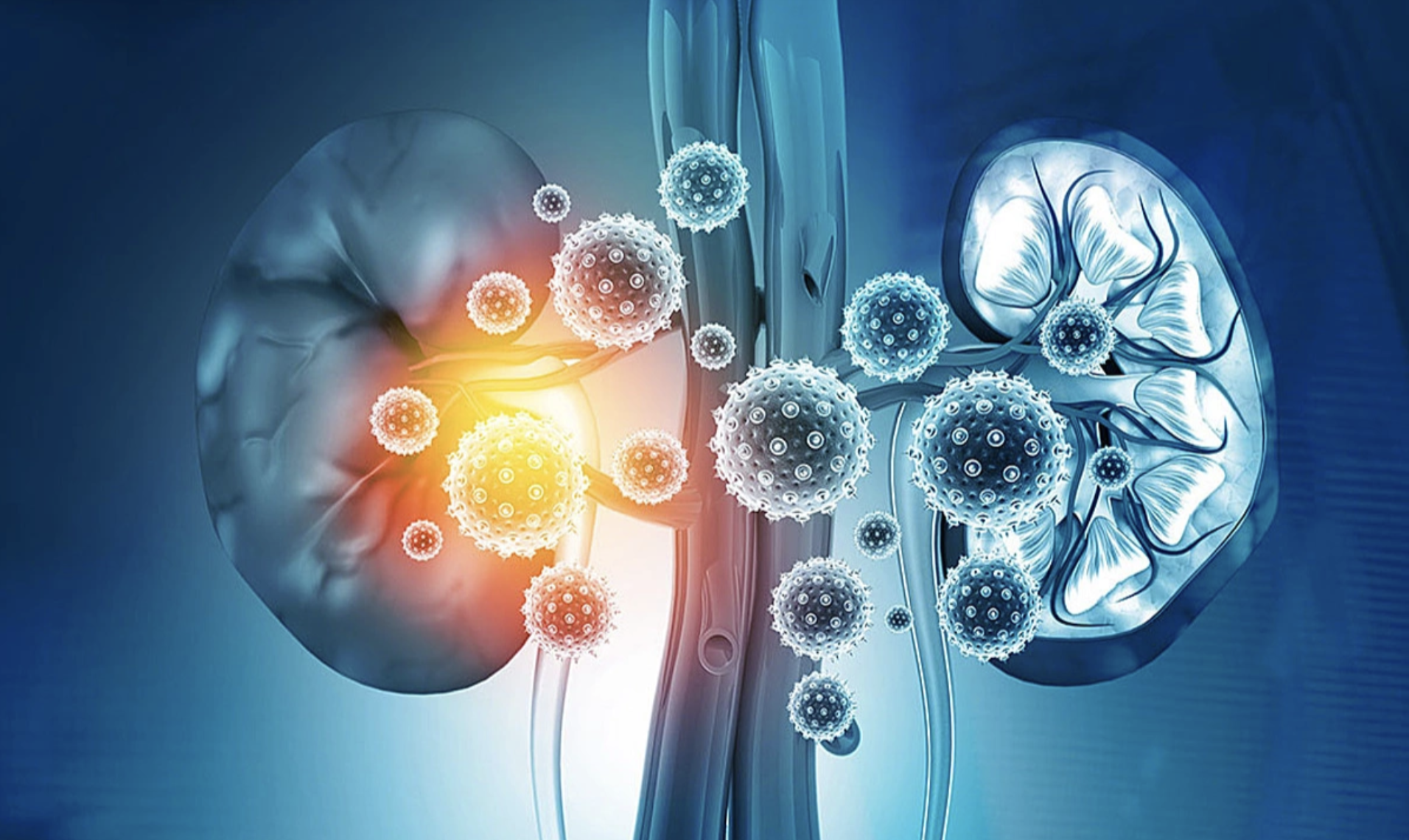Kidneys are essential for removing waste, regulating fluids, and maintaining overall health. If they begin to fail or become stressed, the warning signs can be subtle at first. However, physical symptoms can appear early on, providing clues that something is amiss. Recognizing these warning signs early can prevent further kidney damage and enable timely medical intervention.
Here are some of the most common and noticeable signs of kidney damage that you shouldn't ignore:
Foamy or bubbly urine
One of the earliest signs of kidney damage can be excessively foamy or bubbly urine. This is due to protein loss. Healthy kidneys prevent protein from escaping through urine. When kidneys are damaged, protein (primarily albumin) can leak into the urine, causing persistent foaminess. It might resemble the bubbles that appear after flushing a toilet.
Swelling in the legs and face
Fluid retention is another indicator of kidney issues. If the kidneys can't filter out excess water and salt, these accumulate in tissues, causing noticeable swelling or puffiness. This is most easily detected in the legs, ankles, and feet.
Puffiness is also often observed around the eyes in the morning. It's frequently mistaken for fatigue or lack of sleep, but regular recurrence suggests poor or absent kidney filtration.
Frequent nighttime urination
A frequent urge to urinate is often linked to kidney problems. Damaged kidneys lose their ability to filter fluids properly, causing more frequent trips to the bathroom despite average fluid intake.
This can also be related to age or conditions like diabetes. However, if it occurs suddenly or in conjunction with other symptoms, a kidney function check is recommended.
 |
Illustration of kidney failure. Photo: Preferred Vascular Group |
Illustration of kidney failure. Photo: Preferred Vascular Group
Dark-colored urine
A change in urine color can also signal a problem. Dark yellow, brown, or tea-colored urine may indicate the presence of blood or waste products.
Blood in the urine can be a symptom of kidney stones, infections, or more serious underlying tissue damage.
Waste products not efficiently eliminated from the body also affect urine color and concentration.
Chronic fatigue
When kidneys don't function properly, waste and toxins remain in the bloodstream longer. This can cause overall weakness, muscle weakness, and reduced concentration. In later stages of kidney disease, the body may also produce less erythropoietin, a hormone that stimulates red blood cell production. Consequently, the body becomes anemic, leading to fatigue, shortness of breath, and dizziness.
Metallic or ammonia taste in the mouth
A metallic or ammonia taste in the mouth, accompanied by chronic bad breath, is another sign of kidney dysfunction. This occurs when waste products like urea build up in the blood, affecting taste and saliva.
Food tasting unusual or bitter, leading to loss of appetite, is also a common symptom in patients with impaired kidney function.
USA Italy (According to Times of India)












